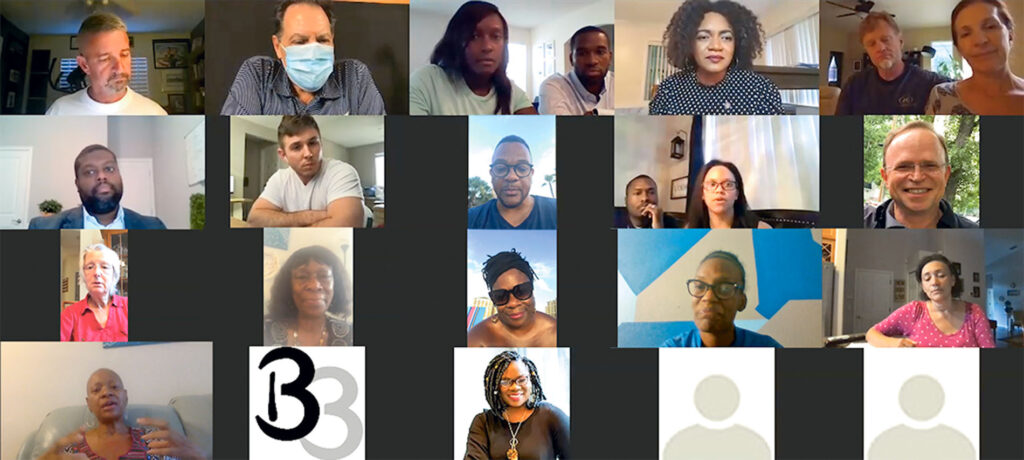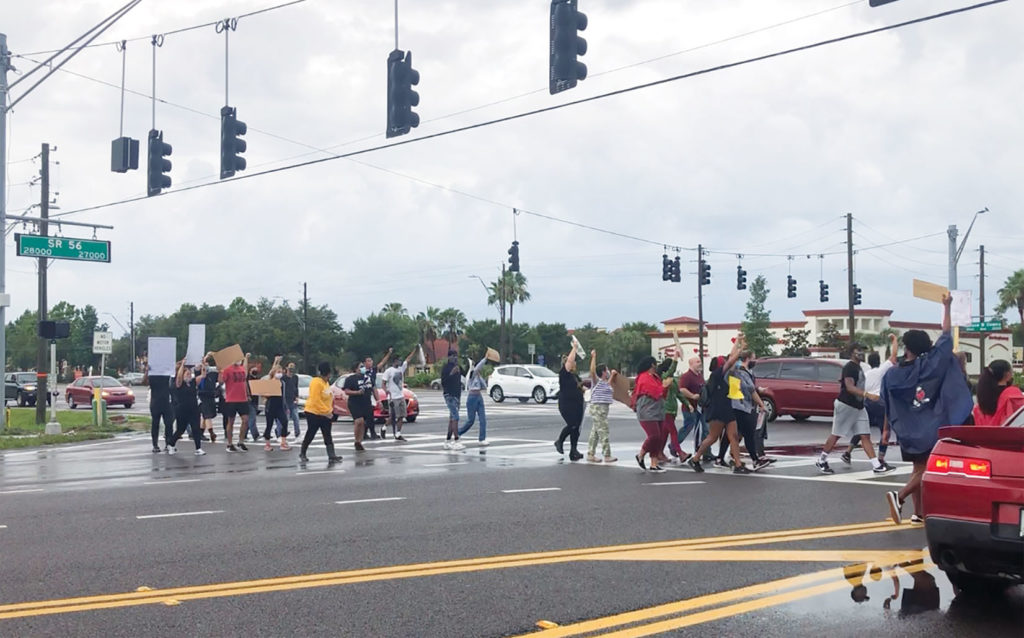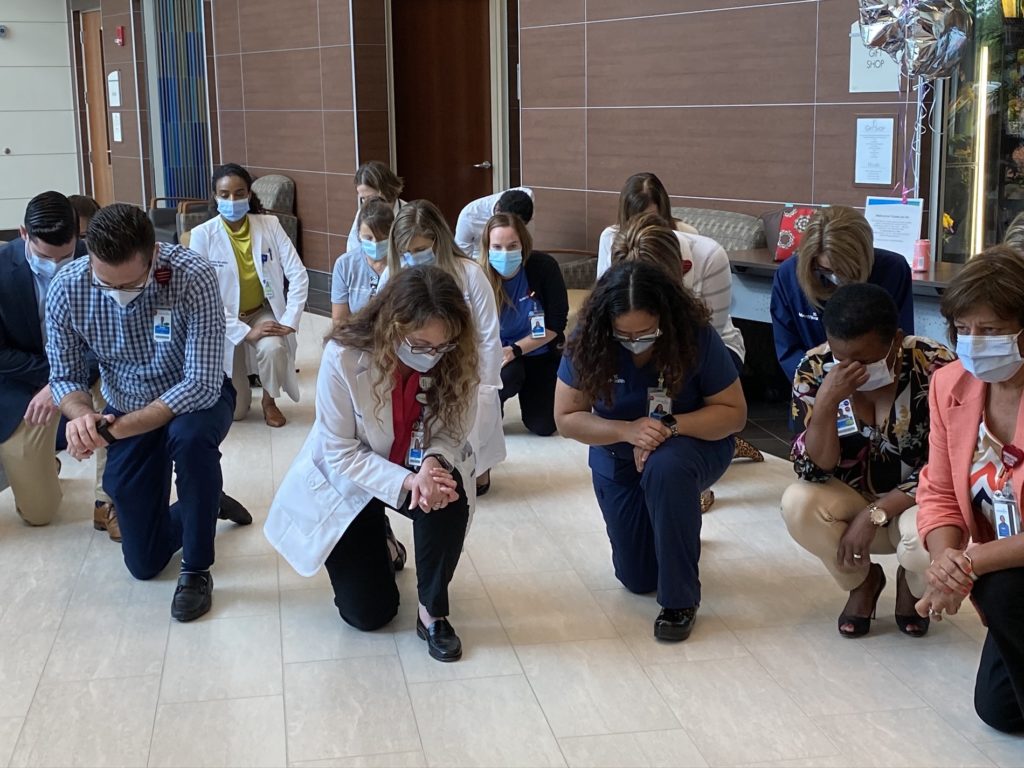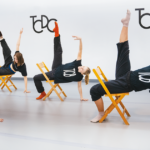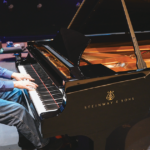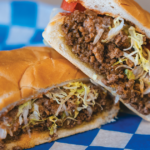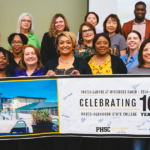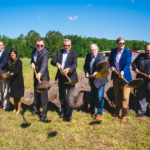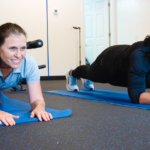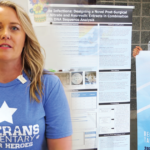So, I certainly didn’t know what to expect when 21 people got together for the first-ever New Tampa and Wesley Chapel Zoom community meeting on racism on August 25, but
State Representative Fentrice Driskell says she has lived with racism her entire life, but not nearly as long as her parents Joel and Terry did growing up in the segregated
AdventHealth Wesley Chapel, along with AdventHealth physicians, nurses and other team members across West Florida — spanning Hardee, Highlands, Hillsborough, Marion, Pasco, and Pinellas counties —took a bended knee today in

